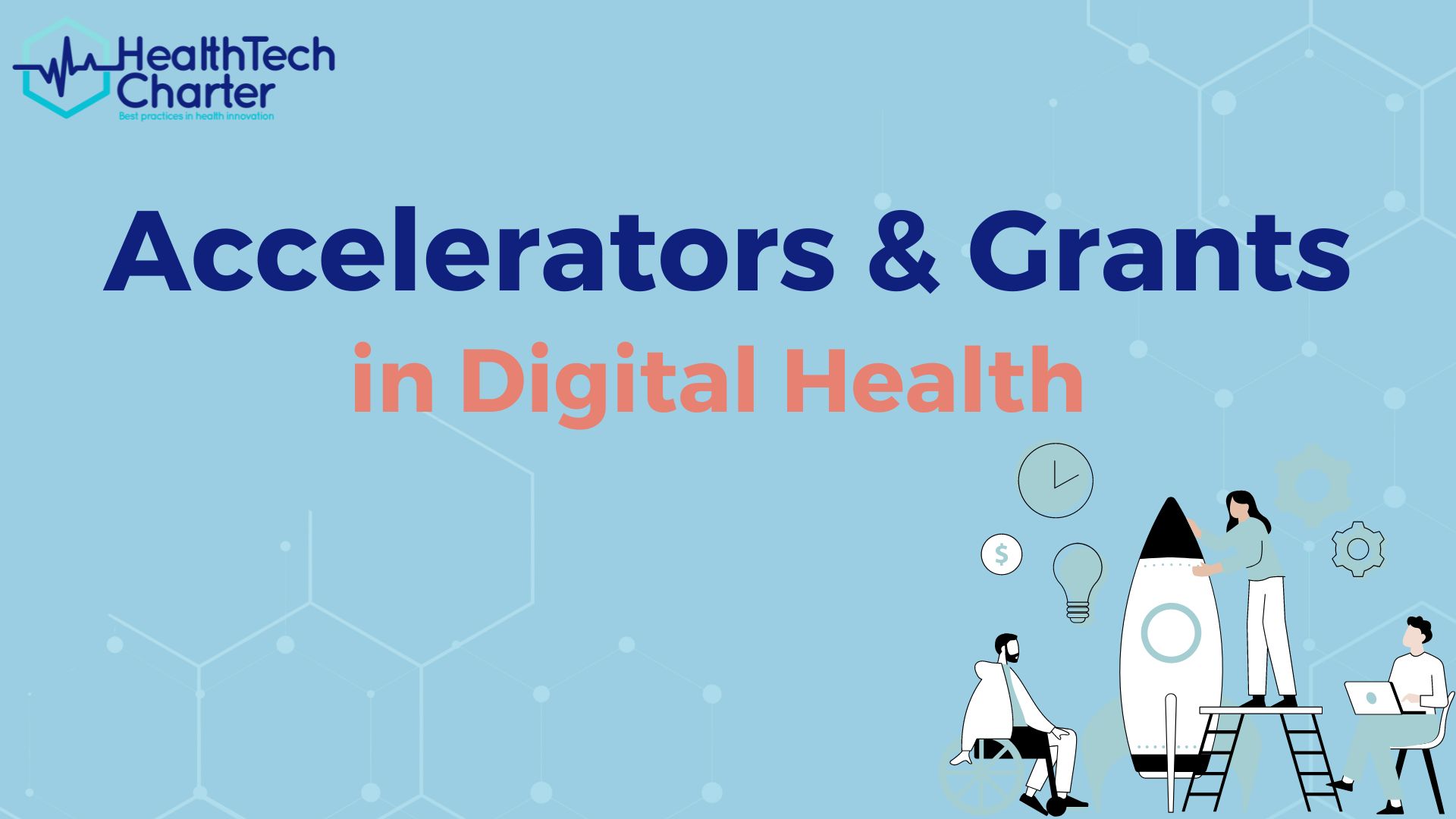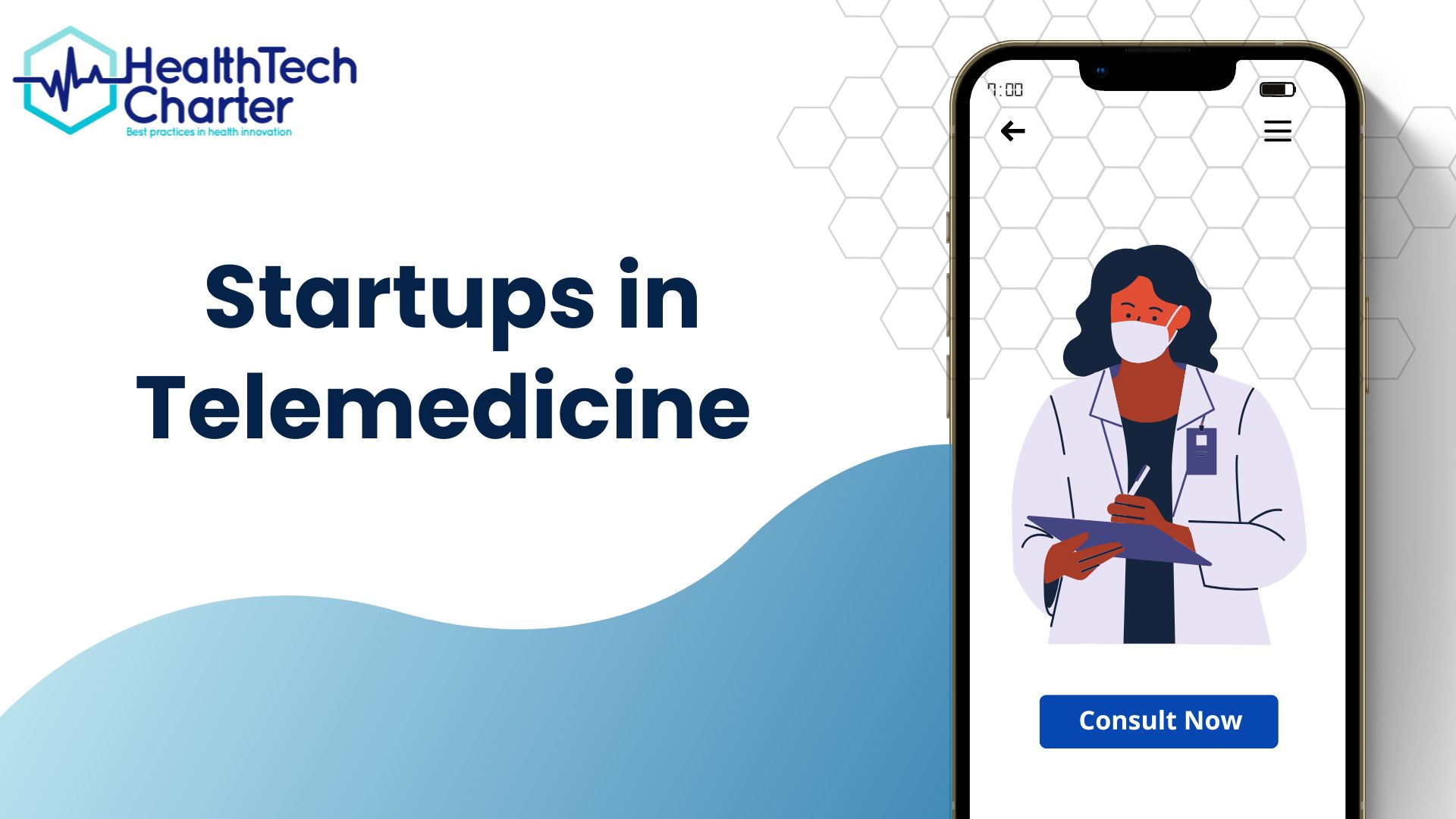
2021 has seen a remarkable acceleration in digital health innovation and the uptake of digital tools in health, particularly due to the COVID-19 pandemic. However, all too often digital health innovators invest time and resources navigating complex regulatory measures across Europe. This, in turn, hinders digital health solutions from reaching their full potential.
Allied for Startups DTx and its partners therefore set out to identify the best practices and measures that empower digital health innovators to scale across European borders. The HealthTech Charter provides an opportunity to shape the EU into a hub for digital health scale-ups and creates benchmarks to inform policy makers what innovators need to succeed.


























